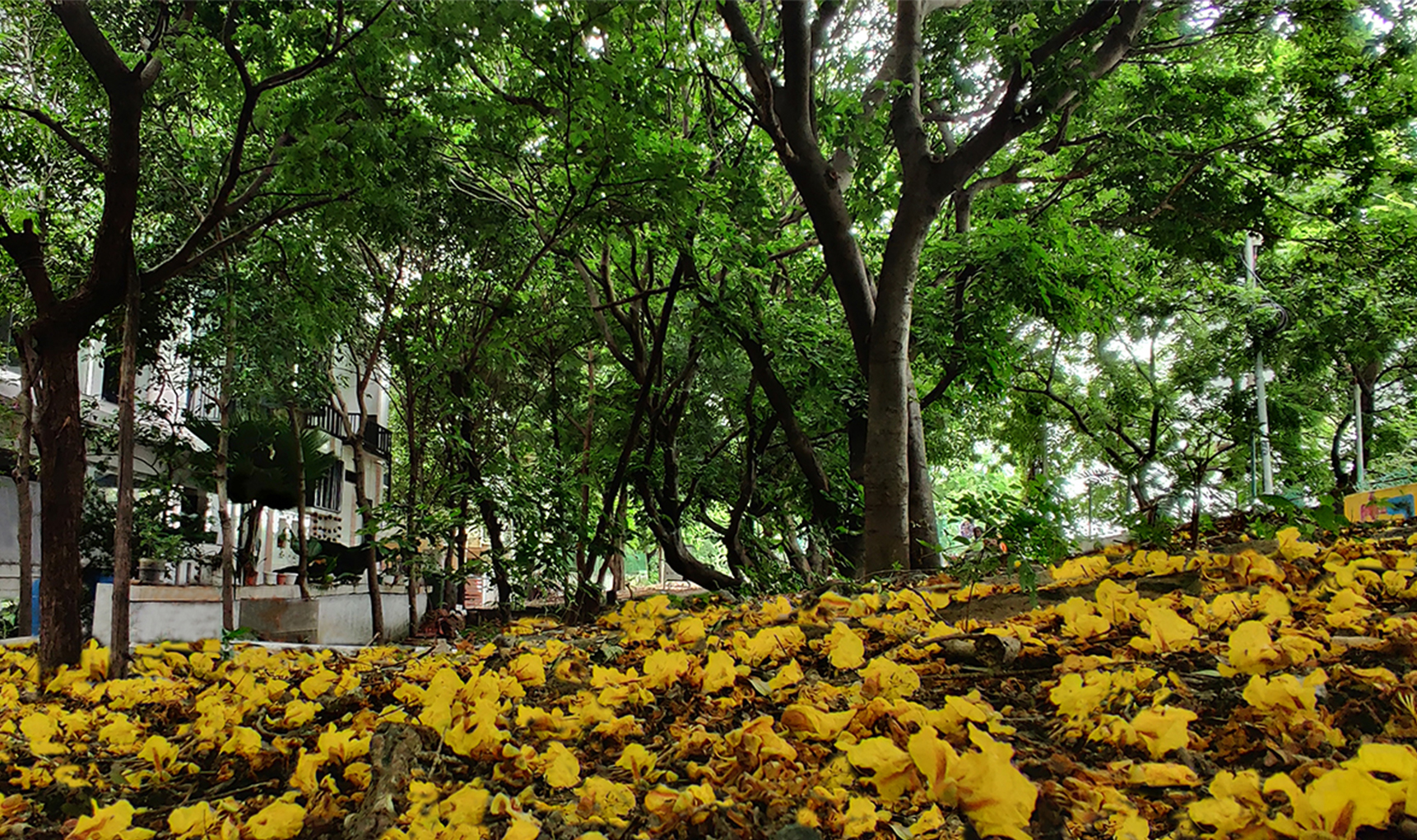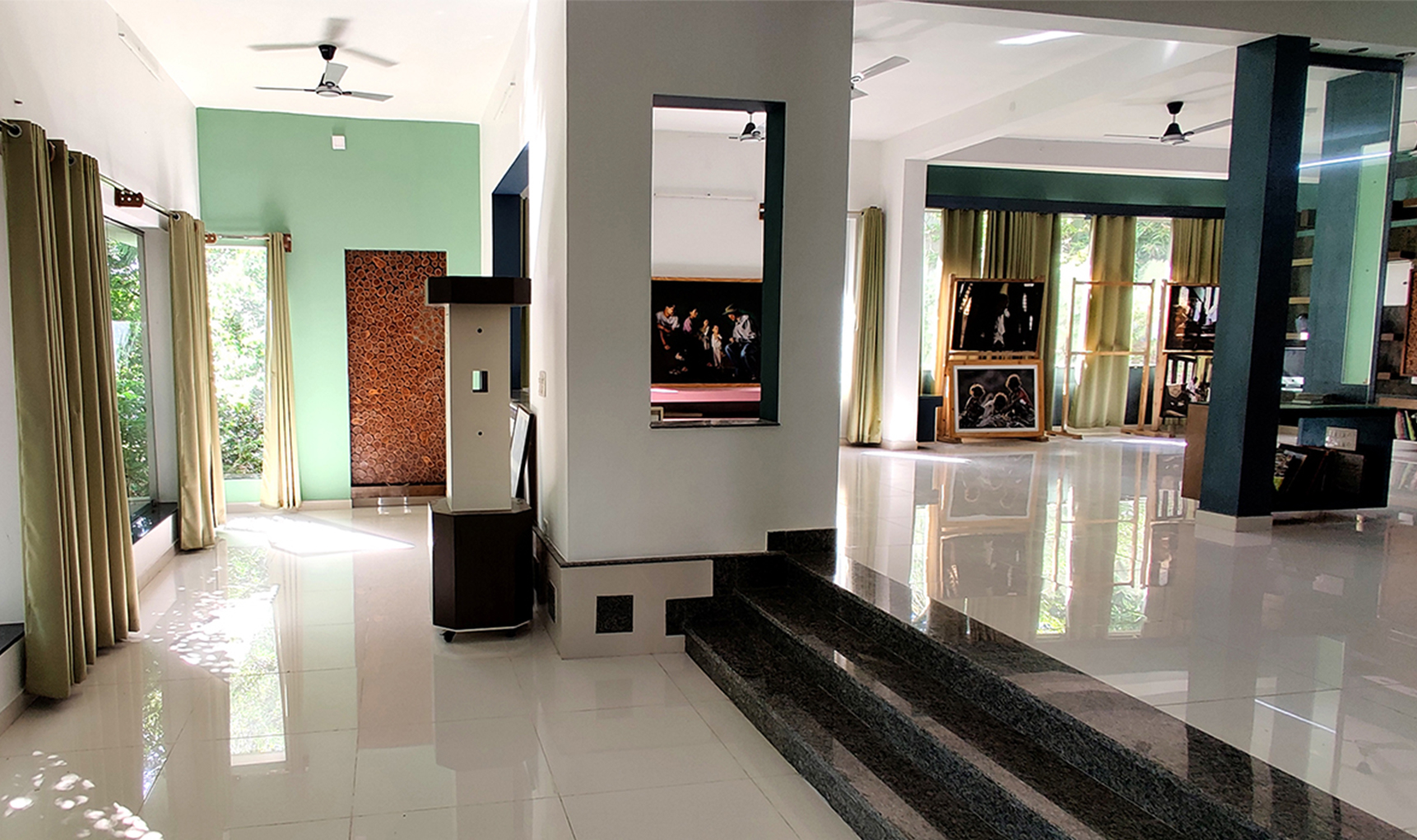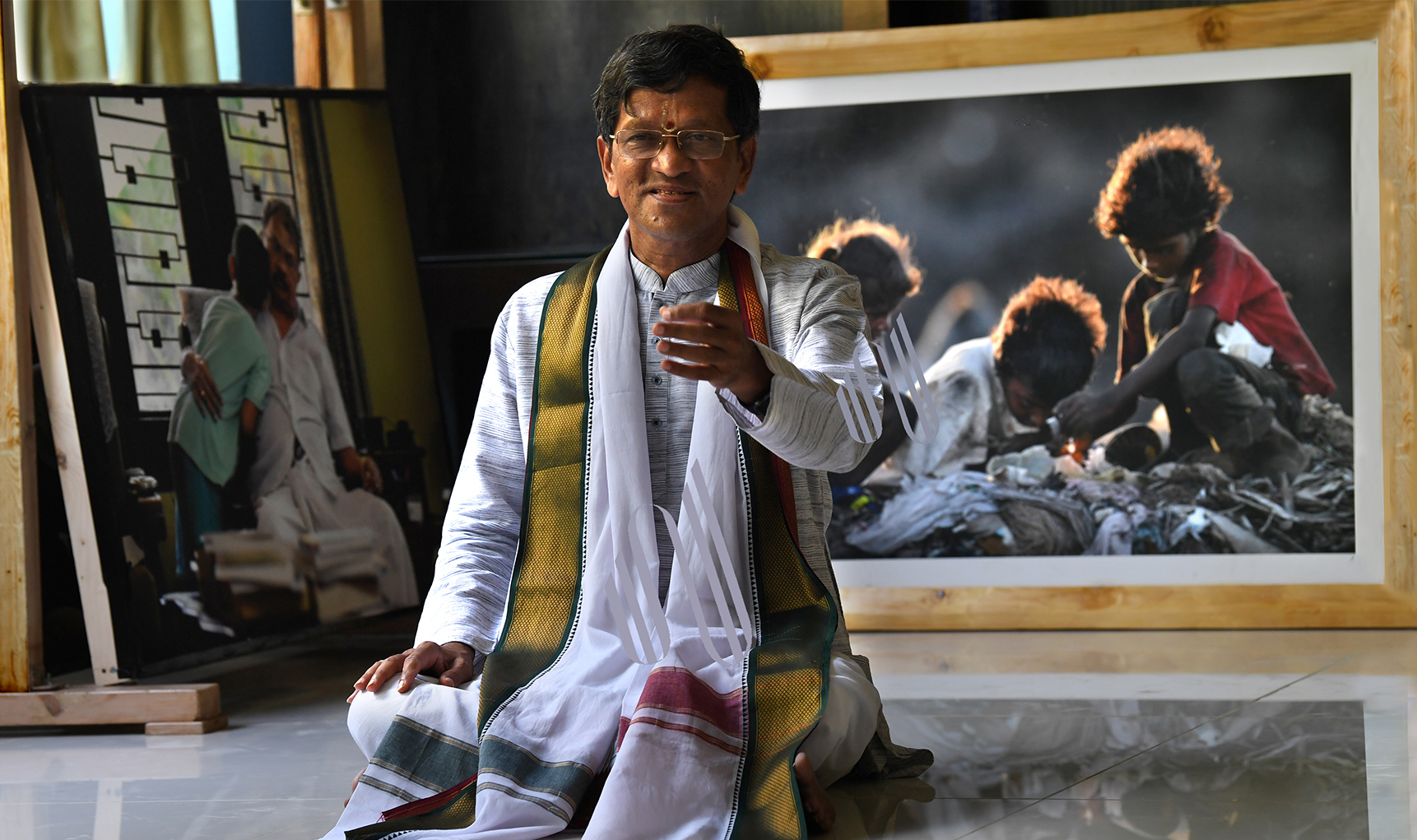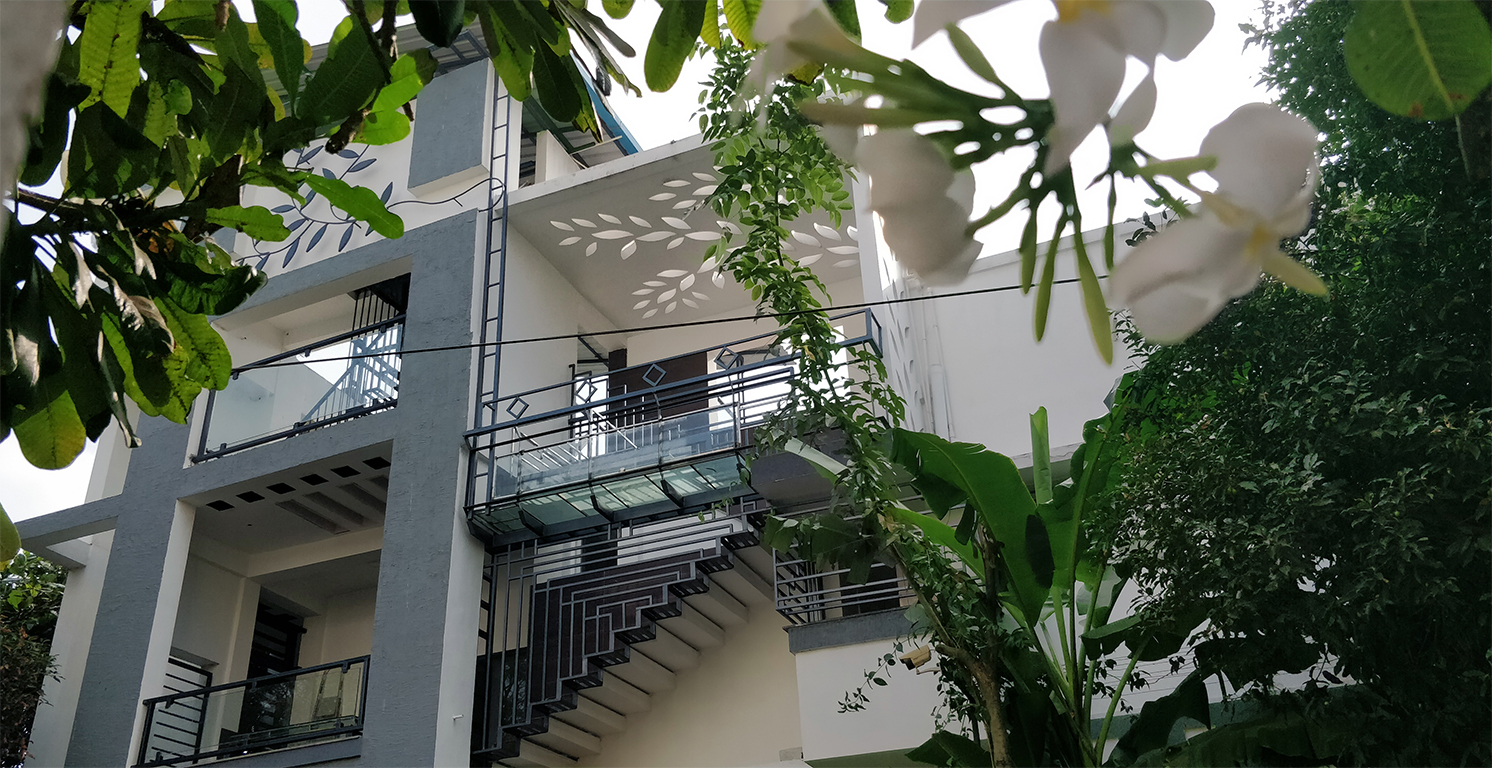



Serene and sustainable creative space
Elements Studio is as much a place where film-makers and artists can showcase their work as it is a platform for the socially conscious to engage in conversations for change.
Located on a peaceful lakeshore in South Chennai’s Perungudi, Elements Studio is a large yet fluid space that encourages all kinds of creative ventures.
Tamil Nadu’s 382-year-old capital city, Chennai (formerly Madras), is synonymous with the arts and culture. The port city became south India’s capital in the early 1800s, at a time when the British East India Company had come to control the country’s southern region.
A melting pot of varied cultures, including other colonial influences, Chennai is today not only renowned worldwide as the State’s cultural capital but also as an intellectual crucible of serious research and scholarly debate on a wide range of local and global issues.
It is such serious conversations among people passionate to learn, discuss, and engage with governments and non-governmental agencies in their search for solutions, that form the bedrock of civil society and nurture a city’s ability to grow meaningfully and sustainably. As long as spaces for such interactions thrive, societies and people prosper and progress equitably, in harmony with one another and with Nature.
Elements Studio, created by environment-conscious photojournalist and filmmaker Shaju John, offers a platform for visual artists, performing artists and filmmakers to showcase their work and engage with one another in constructive discussions that work towards conserving planet Earth and restoring the balance among the elements.
The Studio, which is on the first floor of a building close to the bustling IT corridor, off Chennai’s Old Mahabalipuram Road, is a quiet retreat that incorporates sustainable design, including the use of repurposed and recycled materials, passive solar features that optimise the use of natural light, and water harvesting structures that help conserve the precious resource.
Elements Studio served as a unifying hub during a community effort by people in the locality to sensitise residents and local government officials to the rapid degradation of the Perungudi Lake. Spearheaded by a small group of committed residents that included journalists, IT professionals, academics, government employees, senior citizens and schoolchildren, the initiative eventually succeeded in its goal of revitalising a beautiful and important water body of the area and preserving its biodiversity
Shaju John firmly believes that social commitment is important for artists. He hopes the studio will continue to encourage wider and more inclusive dialogue on civic responsibility, social consciousness, health, sustainable practices and the environment. It is such meaningful engagement that can reshape the narrative of vital urban spaces, transforming them from being symbols of degraded waterways and mountains of garbage, to cities and towns that take pride in restoring the environment and ensuring, at the minimum, sustainable garbage disposal, and clean air and water for all.



